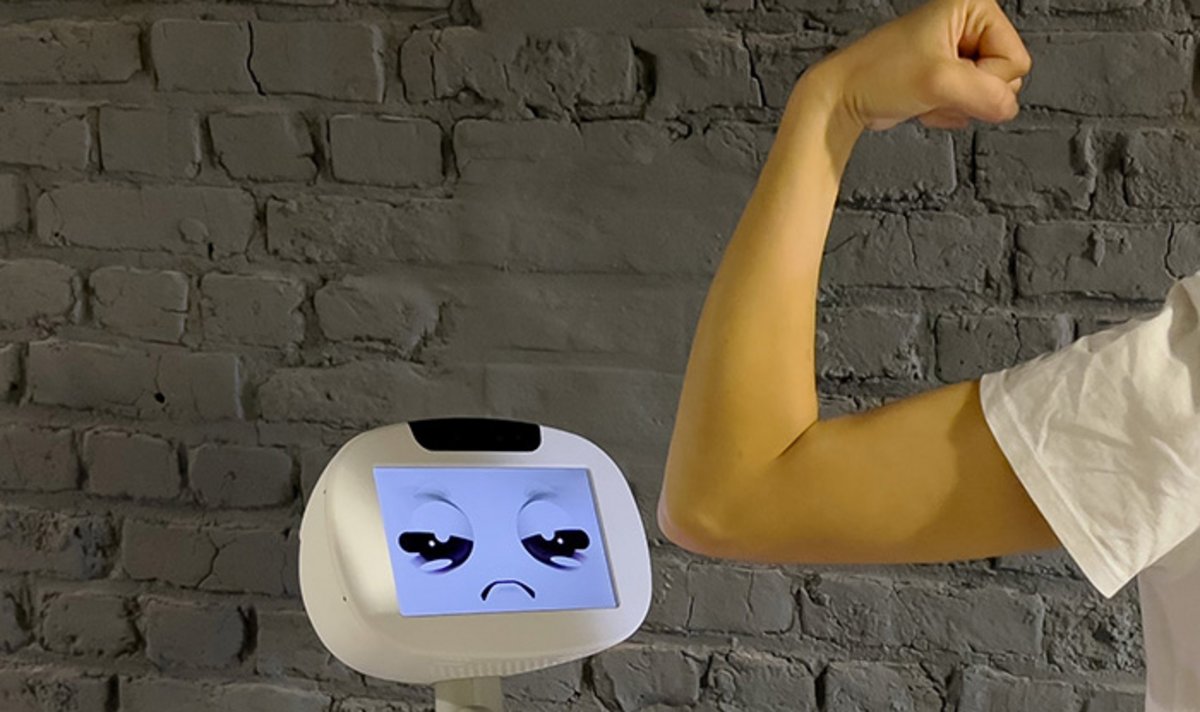The less a robot acts like a human, the more we accept it
Categories : Recherche Résultats
paru le 11-21-2023 (10:52) - Updated on 10-29-2024 (15:57)

From connected loudspeakers to domestic robots, these new social machines are gradually making their way into our homes, winning over more and more individuals and companies. We’re learning to live with them, but they’re not always integrated among us. According to a team of scientists from the Cognitive and Affective Sciences Laboratory (CNRS/University of Lille) and the Visual Sciences and Cultures Research Federation (CNRS/University of Lille/Centrale Lille Institut), the key to our acceptance of robots may lie in our perception of dominance. This work, published in PLOS ONE on 17 November, reveals that we compare ourselves with robots when they reproduce functions similar to our own, such as walking, talking or jumping. If this comparison shows that our performance is superior, it encourages the establishment of a hierarchy which may then be translated into dominance behaviour. This perception of superiority can be detrimental to the social acceptance of robots. They then become competitors, and a hierarchy is established based on our abilities. They may thus find themselves in a subordinate position that would hinder their social acceptance. However, when robots are endowed with functions impossible for humans to perform, such as flying or floating, the perspective changes. Without comparative elements, a dominance hierarchy cannot be established. This lack of comparison encourages their acceptance. It’s not because they perform more ‘important’ tasks, but because we can’t evaluate them based on the same criteria. In order to coexist peacefully with robots, this work suggests designing them with attributes, appearances and functions that are removed from our own, thus preventing poor acceptance and games of dominance.
Improving the acceptability of social robots: make them look different from humans. Tatjana A. Nazir, Benjamin Lebrun and Bing Li. PLOS ONE,17 November 2023.